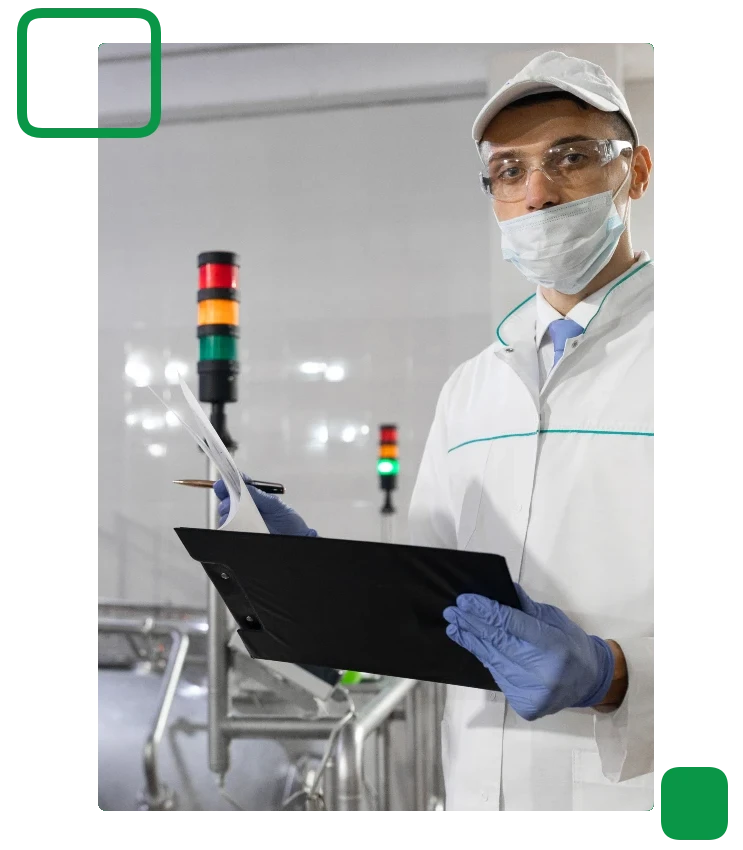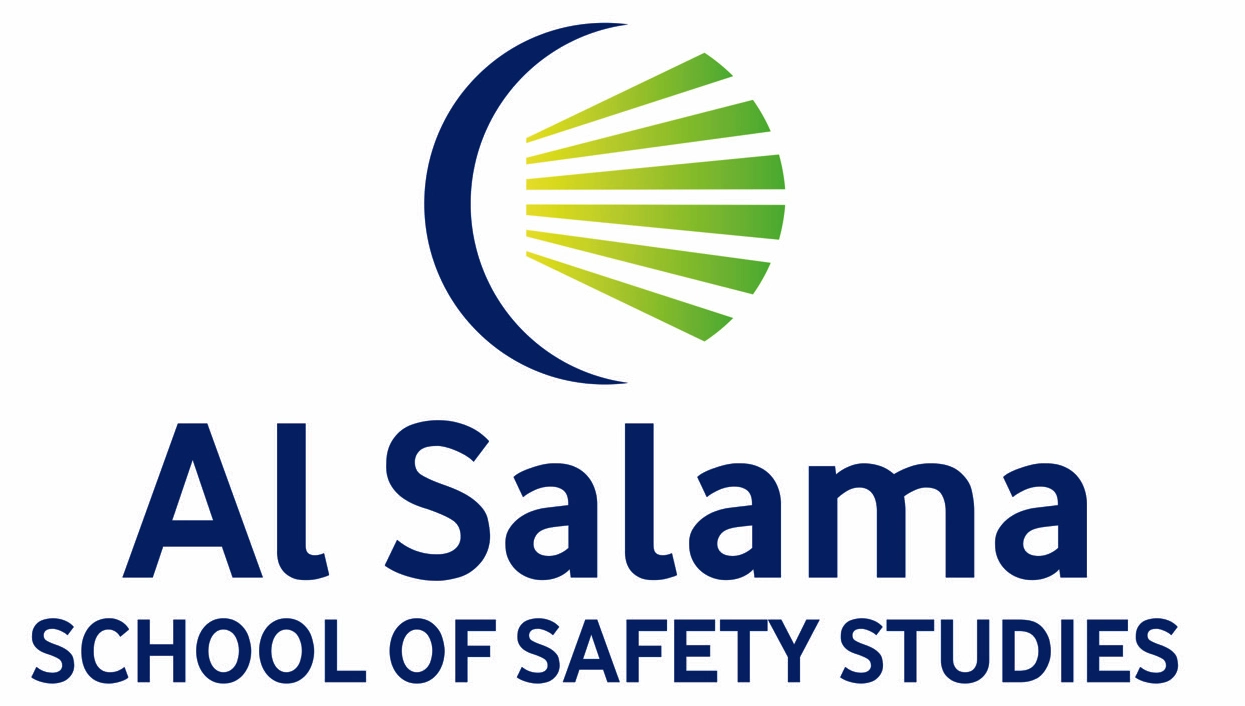Food Safety And Awareness Courses
Importance of Food Safety Certifications in the Food Industry
Food safety certifications play a significant role in the food industry, from ensuring production, and handling to distributing safe and healthy food products for consumption. The Food safety certifications such as HACCP (Hazard Analysis Critical Control Point) and ISO 22000 standard demonstrate the organization’s commitment to preventing food contamination, minimizing risks, and maintaining consistent quality.
HACCP and ISO 22000 standards compliance enhances market competitiveness, facilitates access to global markets, and increases consumer confidence. Moreover, it focuses on controlling and eliminating foodborne illnesses and the safety and well-being of consumers.
Connect to know more about the food safety certification that we provide both for entry level and for professionals. Whether it is HACCP courses, or becoming a technical expert or an auditor , we have it all

Make an Enquiry
Upcoming Course Calendar

Benefits of HACCP and ISO 22000 Certifications
Enhanced Market Competitiveness: Achieving compliance with HACCP and ISO 22000 standards helps organizations stand out in the market, showcasing their dedication to food safety.
Access to Global Markets: These certifications facilitate entry into international markets, making it easier for businesses to trade globally while adhering to recognized safety standards.
Increased Consumer Confidence: Certifications demonstrate a commitment to consumer safety, which boosts trust and confidence among customers regarding the quality of food products.
Focus on Food Safety: Both HACCP and ISO 22000 emphasize controlling and eliminating foodborne illnesses, prioritizing the health and well-being of consumers.
Register for Courses
Our modern online learning platform allows you to study successfully and is supplemented with support from our team of experts.
Why Choose an HACCP Course in Kerala?
HACCP (Hazard Analysis and Critical Control Points) is a globally recognized food safety system that ensures hygiene and contamination prevention in the food industry. At Al Salama Safety Training Institute, we offer an industry-leading HACCP course in Kerala designed for food professionals, restaurant owners, and quality control managers.
With FSSAI (Food Safety and Standards Authority of India) compliance becoming a mandatory requirement, this course helps businesses meet safety regulations while improving customer trust. The training covers essential topics such as hazard identification, risk assessment, critical control points (CCPs), food microbiology, and hygiene management. Whether you work in food manufacturing, catering, or hospitality, an HACCP course in Kerala provides the knowledge and skills to maintain high food safety standards, prevent contamination, and comply with legal requirements.
Benefits of an HACCP Certification Course in Kerala
Obtaining an HACCP certification course in Kerala not only enhances your expertise but also opens doors to career growth in food safety auditing, quality control, and compliance management. Our training program at Al Salama Safety Training Institute is available at multiple levels—basic, intermediate, and advanced—allowing individuals and businesses to choose the right course based on their experience. The curriculum includes practical case studies, real-world assessments, and expert-led sessions to ensure a hands-on learning experience.
With food safety regulations becoming more stringent, companies that implement HACCP successfully avoid legal penalties and enhance their credibility. If you’re looking for an HACCP certification course in Kerala, our structured training modules ensure that you gain in-depth knowledge and practical experience to excel in the food industry.
Enroll in the Best HACCP Course in Kerala Today!
At Al Salama Safety Training Institute, we provide flexible learning options, including online and in-person classes, making it easier for professionals and businesses to obtain HACCP certification. The course duration ranges from 2 days to 2 weeks, depending on the level of certification.
Our expert trainers guide you through the HACCP principles, documentation requirements, and industry best practices, ensuring that you are fully equipped to implement food safety measures effectively. If you are a food safety officer, restaurant manager, or entrepreneur, our HACCP certification course in Kerala will help you advance your career and enhance your business’s reputation. Enroll today and take the first step toward food safety excellence.
FAQ's
What are food safety certifications?
Food safety certifications are formal acknowledgments that an organization or individual meets specific standards for handling, producing, and distributing safe food products. These certifications, such as HACCP and ISO 22000, help ensure compliance with safety regulations and industry best practices.
Why are HACCP and ISO 22000 important?
HACCP (Hazard Analysis Critical Control Point) and ISO 22000 are crucial for preventing food contamination and minimizing risks in the food supply chain. They enhance market competitiveness, facilitate access to global markets, and increase consumer confidence in food products.
Who should obtain food safety certifications?
Food safety certifications are beneficial for anyone working in the food industry, including food producers, manufacturers, distributors, quality assurance personnel, and auditors. They are important for both entry-level employees and professionals seeking to advance their careers
What does HACCP training involve?
HACCP training covers the principles of hazard analysis, identifying critical control points, monitoring procedures, and implementing corrective actions. Participants learn how to develop and maintain an effective food safety management system.
How can food safety certifications benefit my career?
Obtaining food safety certifications can enhance your professional profile, making you more competitive in the job market. Certifications demonstrate your expertise in food safety practices, which can lead to career advancement opportunities in the food industry.


